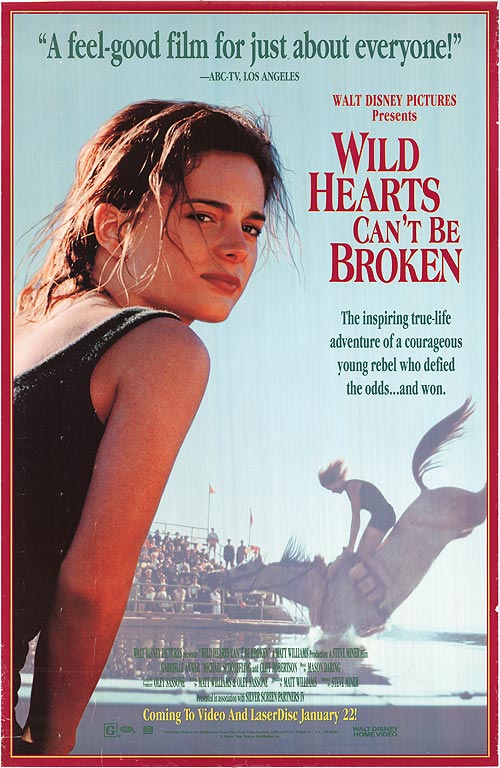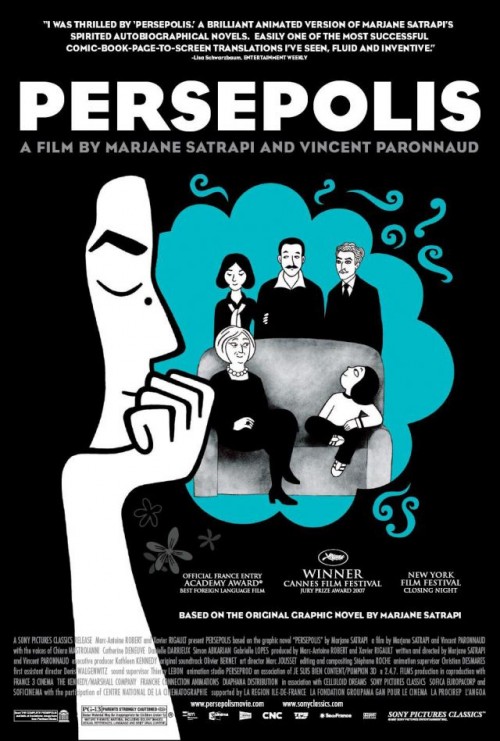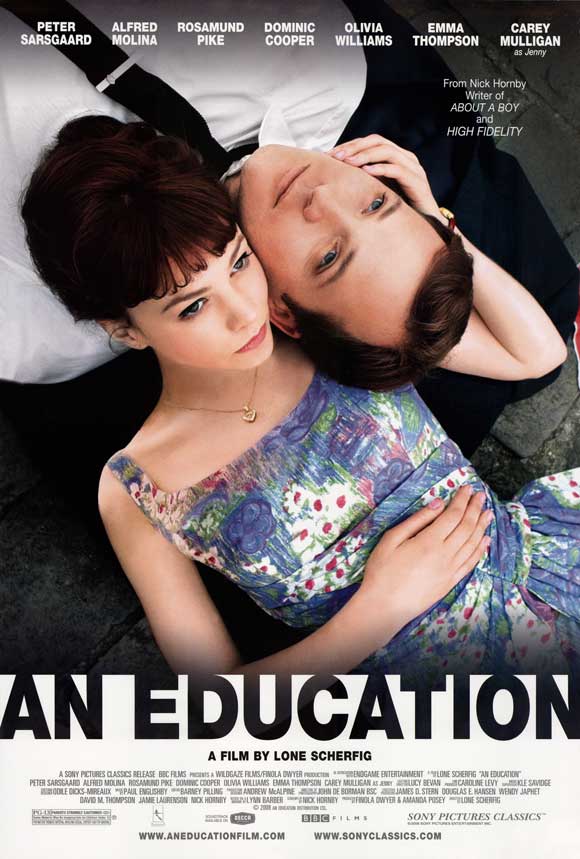We start the Top 7. You finish the Top 10.
When a famous person writes about her life it's an autobiography, when a normal person does, it's a memoir. Last weekend saw the release of Cameron Crowe's We Bought a Zoo based on Benjamin Mee's beautiful memoir. Here are seven other films, based on memoirs from normal folks with interesting stories in the hands of good filmmakers.
7. Cheaper By the Dozen (1950)
Recap: Unlike the 2003 remake, the original Cheaper By the Dozen film follows the Gilbreth family of New Jersey which had 12 children. Their efficiency expert father, Frank (Clifton Webb) attempts to raise his family as he would run a factory, with mixed results. As one would expect, things break down when it comes to teenagers. Reason: Frank Jr. and Ernestine Gilbreth wrote this memoir of their childhood as two of a dozen children which I had the fortune to read during my own childhood. I was lucky enough to have only two siblings (I'm not sure I could have survived 9 more) but loved the story of two organized parents and their dozen children. The 1950 film follows the family through the 1910s and '20s as the children grow up, and the older ones reach their teen years. Their raucous adventures seem quaint compared to modern times, and the film has love for all of its odd characters. Later, a friend of mine with ties to neighbors of the Gilbreth family suggested that Frank Sr. was more of a tyrant than he is portrayed in the books. However, that can't dull my love for the books and films. (A sequel, Belles on Their Toes was released and later made into a film.)
 6. Wild Hearts Can't Be Broken (1991)
6. Wild Hearts Can't Be Broken (1991)
Recap: Sonora Webster (Gabrielle Anwar) runs away from home to become a diving girl, riding horses that dive into a pool in a spectacular manner. After a rough dive, she is blinded. But despite the obstacles, she's determined to dive again. Reason: This movie is a Disney family film from the '90s. It doesn't sound like typical best-of fare. But the story of Sonora Webster is extraordinary and told in straight forward fashion. No one involved in this film would become famous or go on to great things, but it's still good. Partially because Webster is just an interesting character. Though it's heavy on the romance, this is really a film about a girl and her horse. Despite the attempts by a number of men to "protect" her, she's determined to do something dangerous, and also amazing. I originally saw this movie as a young girl, and it impressed me. Rarely do you see a girl do something so daring and be rewarded for it on film.
5. A Mighty Heart (2007)
Recap: When Daniel Pearl goes missing in Pakistan, his wife Mariane (Angelina Jolie) must coordinate the efforts between Pakistani police, American embassy personnel and the FBI to search for him. Reason: Though a big star, Jolie seldom lives up to her hype. This small film is a rare example of what an amazing actress she can be. She plays the pregnant Mariane as a woman who's both sensible and desperate, but fundamentally wanting to find out the truth about her husband's disappearance. Michael Winterbottom directs the film, and though it isn't based on a book by Thomas Hardy, it does cover some of his themes. There is a tragic ending, but throughout, even though I knew where we were headed, I still felt hope. It may be the best film about the War on Terror that America has produced.
 4. Persepolis (2007)
4. Persepolis (2007)
Recap: Based on Marjane Satrapi's graphic novel memoirs of growing up in Iran during the Islamic Revolution, the film is an animated account of the youth of a rebellious teen who just wants to listen to rock music and be a cool chick, while her country is falling apart around her. Reason: This film follows the source material closely, in part because Satrapi is a co-writer and co-director. It helps that it's animated in the style of her illustrations. But fundamentally, it's relatable because she's such a normal teen. Satrapi wants to listen to Michael Jackson and wear cool clothes. But as her country changes around her and her liberal parents, her options begin to narrow and what seems like teen rebellion becomes dangerous. The second part of the film follows the book's sequel, Persepolis 2, when Satrapi moves to France and becomes an expatriate. It details her feelings as an Iranian who can't live freely at home but doesn't feel quite at home in a foreign country. Partially because of the events since 9/11, the film really resonates. Satrapi is a normal girl who wants to fit in but her development is arrested by the political events taking place in her own country.
3. Confessions of a Dangerous Mind (2002)
Recap: Chuck Barris (Sam Rockwell) is a well known TV personality as host of The Gong Show. But he's also a CIA assassin living a double life. Reason: This film is unique among those I've selected, because although it's a memoir, it's most likely completely made up. Barris' memoir has been disavowed by the CIA and there's no evidence of any kind that suggests that it's true. However, the filmmakers take that into account which gives it a fascinating spin. Sam Rockwell is fantastic in the lead role. His Barris is unhinged, manic, and actually makes sense in this crazy situation. You may not believe it really happened, but if it did, it could only have been a guy like him who did all this bizarre stuff.
 2. An Education (2009)
2. An Education (2009)
Recap: A high school student on the path to Oxford falls in love and decides to throw it all away on what looks like a promising relationship. But she learns a lesson about dating older men. Reason: Jenny (Carey Mulligan) is a smart girl, and has the classic smart girl failing, thinking everything will come as easily to her as school work. She's respected by her peers and admired by her parents and has developed too much faith in her own opinion. Watching Jenny make the same mistake that so many girls make is powerful. She's come down in her own estimation and that's the hardest thing to watch. But it also makes this a very relatable movie about growing up.
1. The Diving Bell and the Butterfly (2007)
Recap: A magazine editor recounts his former life from his present position, as a man with locked-in syndrome who can only communicate by blinking his one good eye. Reason: As a filmmaker, how does someone convey the horrors of being a prisoner in one's own body? Julian Schnabel solves this problem by starting it in Jean-Dominique Bauby's mind. The camera takes the place of his eye, his thoughts are heard in voice over, and our first act as viewers is to try and put together the clues and figure out what happened. By starting with a mystery, we develop a compassion for Bauby that lasts over the course of the film. It's an unlikely and beautiful movie that's really unique.
